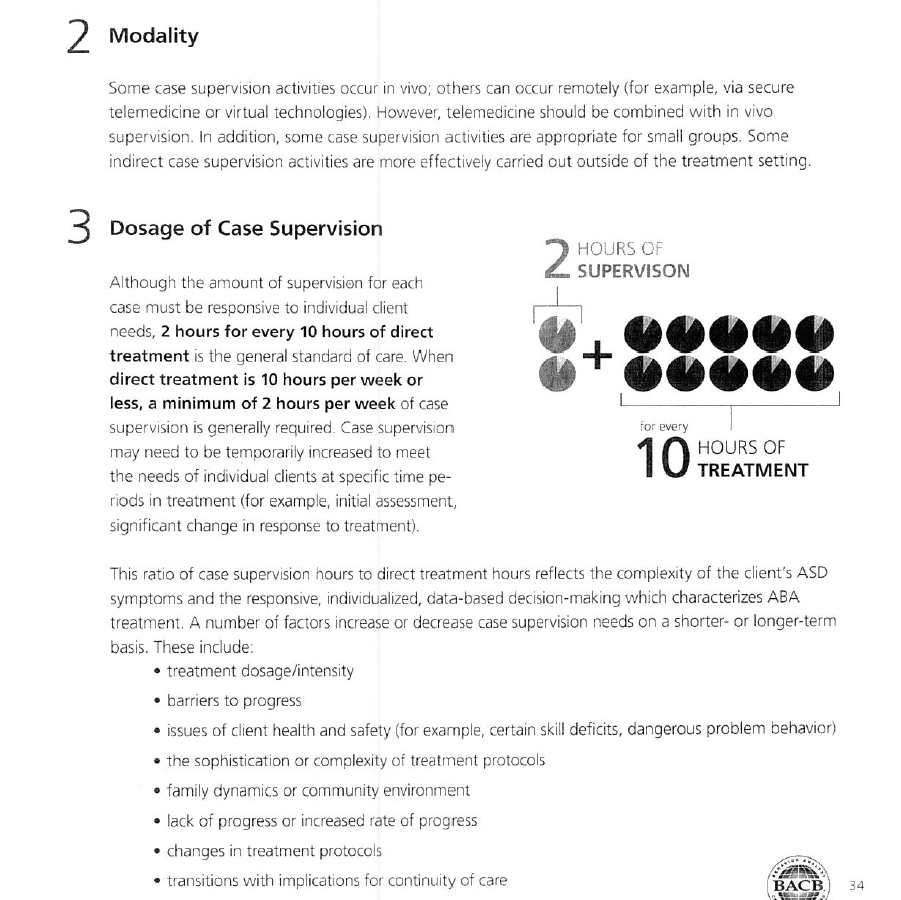We believe now is a time when we must take a stand about doing the right thing and not give into the pressure from an insurance company. For this reason, we recently decided to cancel our contract with Beacon.
Providers are constantly facing downward pressure from insurance companies, including but not limited to poor/reducing reimbursement, slow reimbursement, lack of transparency, incompetent staff, and conflicting information. At ICAN we do understand that this is a challenge in the world of providing health care. However, there comes a time when requirements of insurance companies prevent providers from doing what is in the best interest of the patient. At that time, one must make the difficult decision to terminate their contract with the insurance company.
At ICAN we provide care to very complex patients and provide a range of services to support those patients. One of the services we provide is called applied behavior analysis or ABA. ABA has been shown to be the most evidence based service of improving the lives of children with autism and other neurodevelopmental disorders. This specific service has a structure and process that has been determined to be best practices. Because it is a relatively new field and one that, until recently, was not covered by insurance (many insurers now cover it because they were sued); standardized codes for billing the services have not existed. The codes that exist today are referred to as “t” codes or trial codes. These codes are intended to describe a service that you are providing that the insurance company can review and then make payment. As a part of best practices in ABA, the tiered structure includes both direct (face-to-face with patient) and indirect (patient is not present) case supervision activities such as treatment planning (to learn more about this structure and best practices please refer to the letter and attached information below. At this time, there are only "t" codes for direct case supervision activities. There is no “t” code, currently, that allows for the required ABA component of indirect case supervision.
We believe in integrity and ethical behavior and what Beacon asked us to do violates this value. In our discussions with Beacon, we were asked to bill for the indirect service treatment planning, among other indirect services using codes defined as direct services. The codes Beacon suggested we use do not have a description of treatment planning or indirect case management services. When we asked Beacon to put this direction this in writing, they declined to do so.
We know that not participating in Beacon contracts will be disruptive for some patients and clinicians. Our goal as multi-disciplinary and integrated provider is to always make the best decisions so we can continue providing quality health care services and the terms that Beacon presents to us does not align with best practices and our ability to accomplish this goal.
We are disappointed we were unable to come to terms with Beacon, but this does not mean it isn't possible for ICAN to develop a new contract with Beacon in the future.
"To Whom It May Concern,
Being that health plan coverage for Applied Behavior Analysis (ABA) treatment for individuals with Autism Spectrum Disorder(ASD) is relatively recent, this letter and its addenda are provided as a tool to navigate essential components of an ABA program.
Like other medical practices and treatments, ABA and its essential components are based on technologies documented in peer-reviewed literature and established treatment protocols. The Behavior Analyst Certification Board (BACB) has published numerous sets of guidelines for ABA practitioners to follow. A common element throughout the literature and thus the BACB guidelines is the vital role of the Board-Certified Behavior Analyst (BCBA). Their training includes a graduate degree with specified coursework in behavior analysis, extensive supervised fieldwork, culminating in a comprehensive board exam. In short, the BCBA creates and oversees the implementation of each treatment plan. Their ongoing direct assessment, data analysis and treatment plan modifications are foundational to each ABA program for an individual with ASD.
To provide a clear but comprehensive description of the role of a BCBA within the treatment model of ABA, the attached addenda are excerpts from their article entitled Health Plan Coverage of Applied Behavior Analysis Treatment for Autism Spectrum Disorder. This and other articles on ABA can be found in their entirety on the BACB website: www.bacb.com. Section 2, Part 2of the article discusses the essential components of an ABA program. Items 9 and 11 specifically discuss the necessary contributions of a BCBA. Section 5, Part 1 describes the tiered service delivery model and illustrates the role and responsibilities of a BCBA. Additionally, this section describes the activities associated with supervision and the need for both direct and indirect services."





